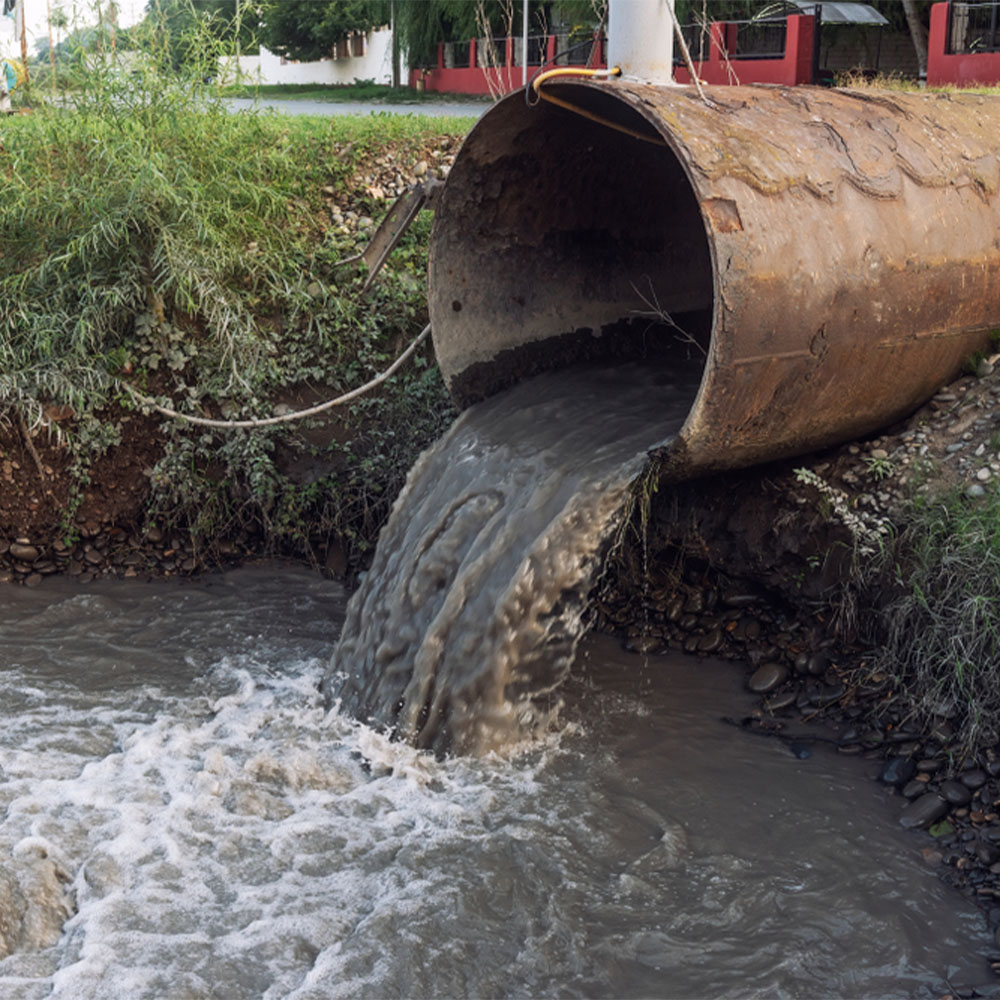As global agricultural demands rise, the methods employed to meet these needs significantly impact the environment. Non-organic farming practices, while often more efficient in terms of yield, come with a myriad of environmental consequences. Understanding these impacts is crucial for making informed choices about the foods we consume and the agricultural practices we support.
Soil Degradation
Non-organic farming relies heavily on synthetic fertilizers to boost crop yields. These fertilizers can deplete the soil of essential nutrients, leading to long-term soil degradation. The overuse of synthetic fertilizers disrupts the natural soil structure and microbiome, reducing soil fertility and health over time. Healthy soil is vital for sustainable agriculture as it supports plant growth, retains water, and resists erosion.


Water Pollution
The runoff from non-organic farms often contains high levels of synthetic fertilizers and pesticides, which contaminate nearby water bodies. This pollution leads to the eutrophication of rivers, lakes, and oceans, where excess nutrients cause algal blooms. These blooms deplete oxygen in the water, resulting in dead zones that cannot support marine life. Contaminated water also poses significant risks to human health, affecting drinking water supplies and recreational areas.
Biodiversity Loss
Non-organic farming practices frequently involve monocropping, where the same crop is grown year after year on the same land. This reduces biodiversity and makes the ecosystem more vulnerable to pests and diseases. The widespread use of chemical pesticides and herbicides further exacerbates this issue by killing not only the targeted pests but also beneficial insects and other wildlife. Loss of biodiversity disrupts the ecological balance, leading to a less resilient agricultural system.
Greenhouse Gas Emissions
The production and use of synthetic fertilizers and pesticides contribute significantly to greenhouse gas emissions. Nitrous oxide, a byproduct of fertilizer application, is a potent greenhouse gas that contributes to global warming. Additionally, the heavy reliance on machinery and fossil fuels in non-organic farming increases carbon dioxide emissions. These practices accelerate climate change, which in turn affects agricultural productivity and food security.
Pesticide Resistance
The continuous use of chemical pesticides leads to the development of pesticide-resistant pests. As pests evolve to survive these chemicals, farmers must use higher doses or more toxic pesticides to control them. This creates a vicious cycle of increasing chemical use, further harming the environment and human health. Pesticide resistance also threatens crop yields and food security, making it harder to protect crops from pest damage.

Impact on Human Health
Non-organic farming practices can have direct and indirect effects on human health. Residues from synthetic pesticides and fertilizers on food products pose potential health risks, including hormonal disruptions, neurological disorders, and an increased risk of cancer. Additionally, the pollution of water sources and the broader environmental impacts of non-organic farming practices can indirectly affect human health, leading to respiratory issues and other health problems.
The environmental impact of non-organic farming practices is profound and far-reaching. From soil degradation and water pollution to biodiversity loss and greenhouse gas emissions, these practices pose significant threats to the environment and human health. As consumers, choosing organic products and supporting sustainable farming practices can help mitigate these impacts. By prioritizing organic farming, we can promote a healthier planet and ensure the long-term viability of our agricultural systems. Embracing organic farming practices is not just a choice for better health but a commitment to preserving our environment for future generations.








